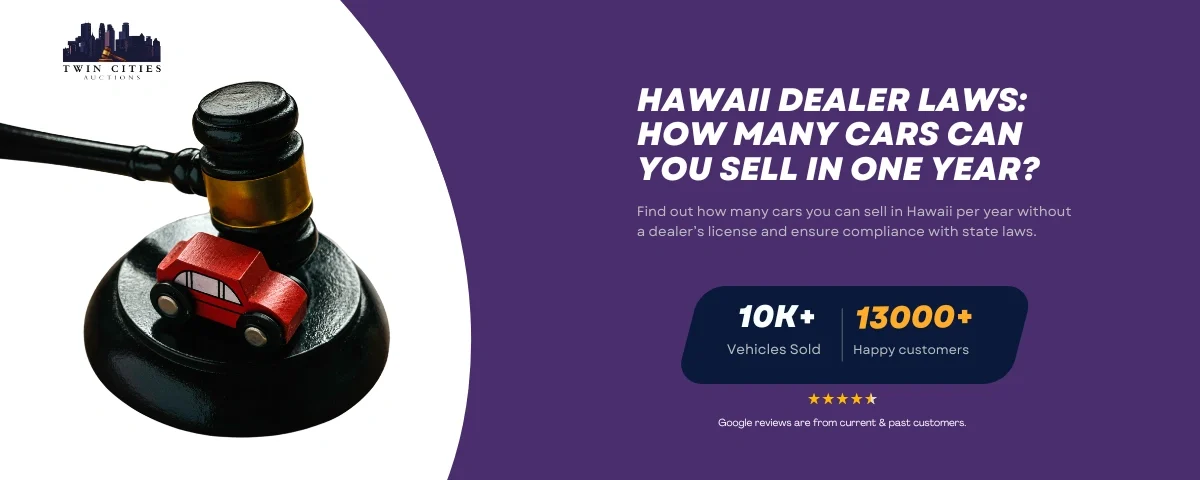Are you looking to sell cars in Hawaii but unsure how many you can legally sell in a year before you need a dealer’s license? It’s crucial to understand Hawaii’s dealer laws to avoid facing fines or legal issues.
Whether you’re an individual selling a few cars or considering starting a full-scale car dealership, knowing the limits and requirements is key to running your business smoothly. In this post, we’ll break down Hawaii’s dealer laws, including how many cars you can sell, licensing requirements, and practical tips for car sales in the state.
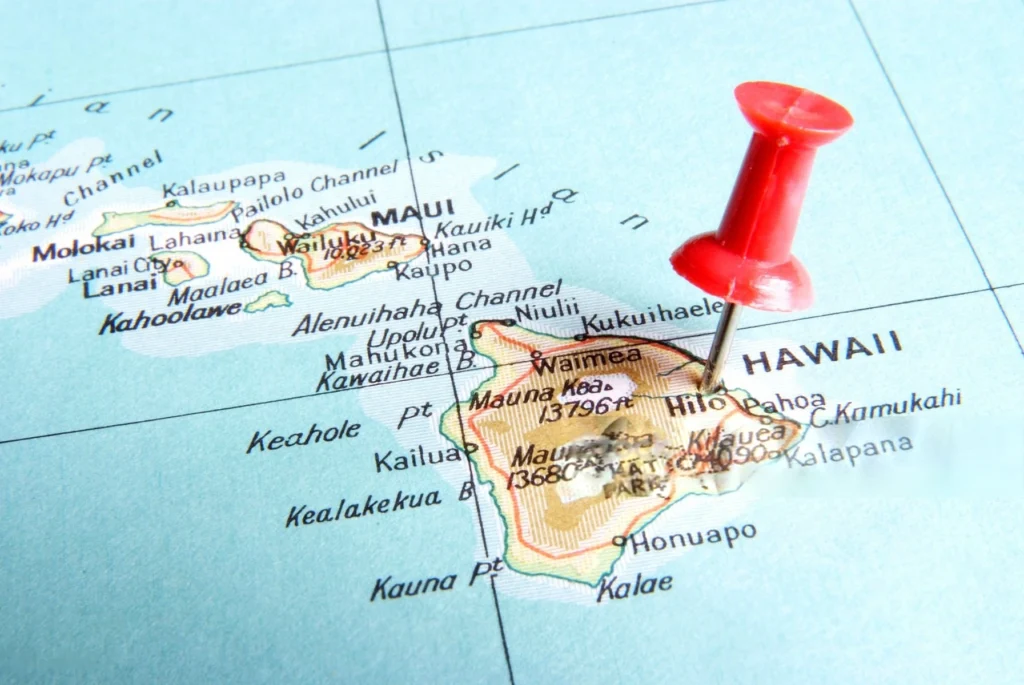
Key Takeaways
- In Hawaii, you can sell up to three cars per year without needing a dealer’s license.
- Selling more than three vehicles in one year requires obtaining a dealer’s license from the state of Hawaii.
- Hawaii’s car sales market is unique, with high demand for used vehicles and a competitive landscape.
Understanding Hawaii Dealer Laws
When it comes to selling cars in Hawaii, the dealer laws are in place to ensure that individuals and businesses engage in the sale of vehicles legally and responsibly. Hawaii has specific rules on how many vehicles you can sell without needing a dealer’s license, which is one of the most common areas of confusion for new sellers.
You need to pass a licensing process with state authorities to ensure your legal compliance. The Hawaii auto dealer license is necessary if you want to sell more than 3 vehicles per year
How Many Cars Can You Sell in Hawaii Without a Dealer’s License?
In Hawaii, the law allows individuals to sell up to three vehicles in a calendar year without needing to obtain a dealer’s license. Once you exceed the three-vehicle limit, you will need to apply for a dealer’s license through the Hawaii Department of Commerce and Consumer Affairs (DCCA).
Selling more than three cars annually without a dealer’s license is considered a violation of state law and can result in fines, penalties, or even legal action. If you plan to engage in car sales regularly or start a business, obtaining a dealer’s license is necessary to operate legally.
Dealer Licensing Requirements in Hawaii
If you plan to sell more than three vehicles in one year, you’ll need to get a dealer’s license. This process ensures that businesses comply with local regulations and helps maintain integrity in vehicle sales across the state.
Types of Dealer Licenses in Hawaii
Hawaii offers different types of dealer licenses depending on the nature of your vehicle sales:
- New Car Dealer License: For businesses selling brand new vehicles under a franchise agreement.
- Used Car Dealer License: For businesses that sell used vehicles.
- Wholesale Dealer License: For businesses that buy and sell vehicles to other licensed dealers, not directly to consumers.
Steps to Obtain a Dealer’s License in Hawaii
To get a dealer’s license, you must follow these steps:
- Complete the Application: Submit the dealer license application to the Hawaii Department of Commerce and Consumer Affairs (DCCA).
- Provide Proof of Location: You need a physical business location for your dealership, which must meet zoning and other regulatory requirements.
- Background Check: Submit fingerprints for a criminal background check.
- Pre-Licensing Education: Complete a pre-licensing education course required for first-time applicants.
- Insurance Requirements: You must provide proof of liability insurance for your business operations.
- Pay Fees: Submit the appropriate licensing fees as per the application instructions.
Types of Dealer Licenses in Hawaii
| License Type | Description | Requirements |
| New Car Dealer License | For businesses selling new vehicles under a franchise agreement. | Franchise agreement, proof of location, fees. |
| Used Car Dealer License | For businesses selling used vehicles. | Proof of location, criminal background check, fees. |
| Wholesale Dealer License | For businesses buying and selling vehicles to other dealers. | Proof of location, wholesale registration, fees. |
Market Insights on Hawaii Car Sales
Hawaii’s car sales market has unique characteristics, influenced by the state’s population size, geographical location, and economic factors. Due to Hawaii’s isolated location, car dealerships often face challenges in terms of vehicle supply and demand.
Factors Driving the Hawaii Car Market
- High Demand for Used Vehicles: Many people in Hawaii prefer used vehicles due to their affordability compared to new ones. The cost of living in Hawaii can make it difficult for residents to purchase new cars, driving demand for quality used vehicles.
- Tourism and Rentals: With millions of visitors to Hawaii each year, rental car agencies often turn over their fleets, resulting in a steady supply of used vehicles in the market.
- Population Growth: As Hawaii’s population grows, especially among younger residents, the demand for vehicles continues to rise, making it an attractive market for car dealerships.
Key Drivers of Hawaii’s Car Market
| Market Factor | Impact on Vehicle Sales |
| Demand for Used Vehicles | Used vehicles are in high demand due to their affordability. |
| Tourism and Rentals | Rental agencies’ vehicle turnover fuels the supply of used cars. |
| Population Growth | Rising population increases the need for new and used vehicles. |
Why Auctions Are a Smart Choice for Vehicle Sales
When it comes to selling vehicles in Hawaii, participating in car auctions offers significant advantages. Auctions, such as Twin Cities Auctions, provide a quick, transparent, and competitive environment for both buyers and sellers.
Advantages of Using Twin Cities Auctions
- Competitive Pricing: Auctions like Twin Cities Auctions allow sellers to set a competitive price and reach a broad pool of buyers.
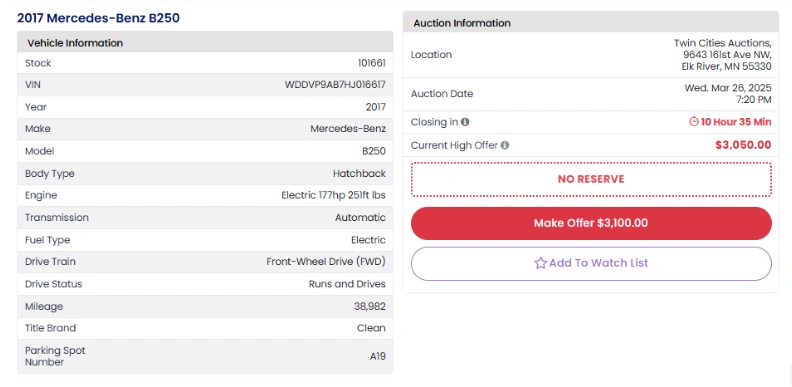
- Transparency: Every vehicle listed at the auction comes with detailed information, making the buying process transparent for both parties.
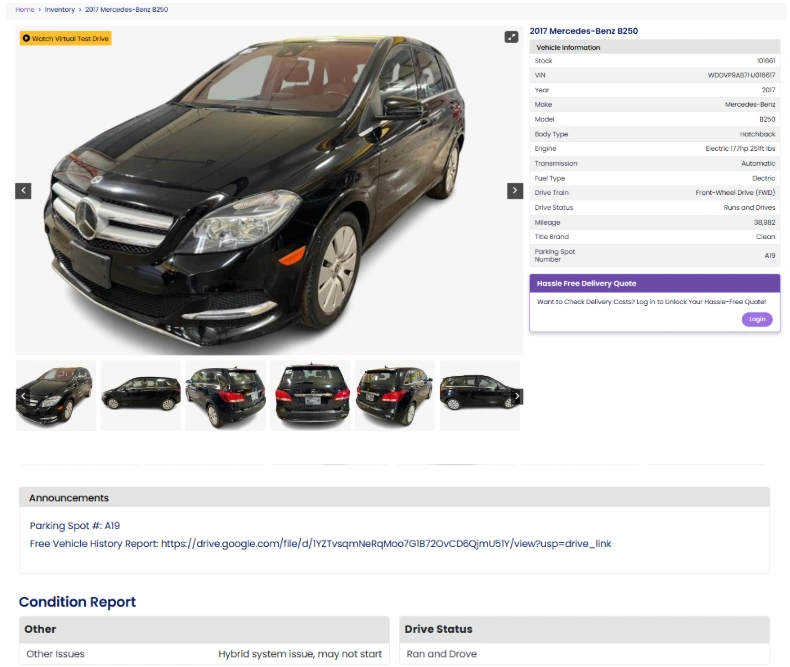
- Wide Inventory: Auctions have a large variety of vehicles available
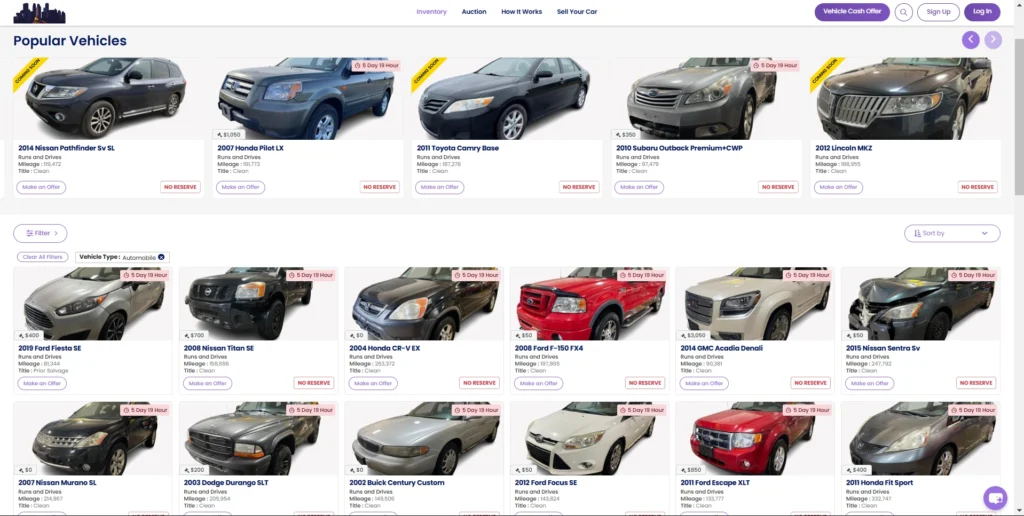
- Quick Turnaround: Auctions offer fast and efficient sales, helping sellers move inventory quickly.
Why Choose Twin Cities Auctions
| Feature | Twin Cities Auctions | Traditional Dealership Sales |
| Pricing | Competitive auction prices for both buyers and sellers | Fixed prices, often higher |
| Inventory | Large variety of vehicles available | Limited to dealership stock |
| Transparency | Detailed condition reports and vehicle history | Varies by dealership |
| Convenience | Fast transactions and less paperwork | Longer sales cycles |
| Reach | National and local audience | Limited to local buyers |
Practical Tips for Sellers and Dealers
Whether you are an individual selling a few cars or a licensed dealer in Hawaii, these tips will help you navigate the market and stay compliant with the law:
- Track Your Sales: Keep accurate records of every vehicle you sell, including the sale price, VIN, and buyer information. This ensures compliance with state laws.
- Don’t Exceed the Limit: Be mindful of the three-car limit. If you plan to sell more than three vehicles, apply for a dealer’s license to avoid penalties.
- Consider Auctions for Quick Sales: Auctions like Twin Cities Auctions can help you sell vehicles for profit quickly and efficiently, with access to a wide buyer base.
- Understand Local Market Trends: Stay informed about Hawaii’s car sales market, as demand for certain types of vehicles may vary depending on the season and market conditions.
Conclusion
Understanding Hawaii’s dealer laws is crucial for anyone involved in car sales within the state. With a limit of three vehicles per year for unlicensed sellers and the option to exceed that limit by obtaining a dealer’s license, you have clear guidelines to follow.
Whether you choose to operate as a licensed dealer or leverage auctions for quicker sales, knowing the rules is the first step toward a successful business venture.
As Hawaii’s car market evolves, staying informed about the unique trends and legal requirements will help you make better decisions and ensure long-term success. Aligning your strategy with these insights can ensure compliance and profitability in the competitive Hawaiian automotive market.
Public Auctions Made Easy with Twin Cities Auctions
At Twin Cities Auctions, we strive to simplify the public auction process for everyone. You don’t need a dealer license to buy or sell cars here. Our online auctions are designed to be user-friendly and open to the public, ensuring that individuals of all experience levels—from novice buyers to experienced sellers—can participate with ease.
With a focus on transparency and ease of use, we provide all the tools and support you need to confidently participate in the auction process. Start your car buying or selling journey with us today and experience how straightforward and effective our auction system can be!
Looking for more options? Explore our comprehensive list of all available car auctions across the United States. Your next deal might be just a click away!
FAQ
How many cars can I sell in Hawaii without a dealer’s license?
In Hawaii, you can sell up to three vehicles per year without a dealer’s license. If you exceed this limit, you will need to obtain a dealer’s license.
What are the requirements for a dealer’s license in Hawaii?
To get a dealer’s license in Hawaii, you must submit an application, provide proof of a business location, complete a background check, attend a pre-licensing education course, provide liability insurance, and pay the required fees.
Can I sell cars at an auction in Hawaii?
Yes, participating in car auctions like Twin Cities Auctions is a great way to sell vehicles quickly and access a larger pool of buyers.
What types of dealer licenses are available in Hawaii?
Hawaii offers several types of dealer licenses, including New Car Dealer, Used Car Dealer, and Wholesale Dealer licenses.
How does Twin Cities Auctions benefit sellers?
Twin Cities Auctions provides competitive pricing, a wide inventory of vehicles, transparent vehicle histories, and access to a broad audience of potential buyers, making it an excellent option for sellers.
Do I need to register every vehicle I sell in Hawaii?
Yes, every vehicle sold in Hawaii must be properly registered with the Hawaii Department of Commerce and Consumer Affairs.
How do I renew my dealer’s license in Hawaii?
Dealer licenses in Hawaii are valid for one year and must be renewed annually. You’ll need to submit updated documentation and pay the renewal fee.
Are there any penalties for selling cars without a dealer’s license in Hawaii?
Yes, selling more than three cars without a dealer’s license in Hawaii can result in fines, penalties, or other legal consequences.
Source Links
https://cca.hawaii.gov/rico/files/2014/09/MVI-140108-Used-Car-Buying-Guide.pdf
https://www.bryantsuretybonds.com/blog/how-to-get-a-hawaii-dealer-license
https://www.wispolitics.com/wp-content/uploads/2021/08/State-Laws-on-Direct-Sales.pdf
https://www.bizjournals.com/pacific/news/2025/02/05/hawaii-vehicle-registrations-2024.html


